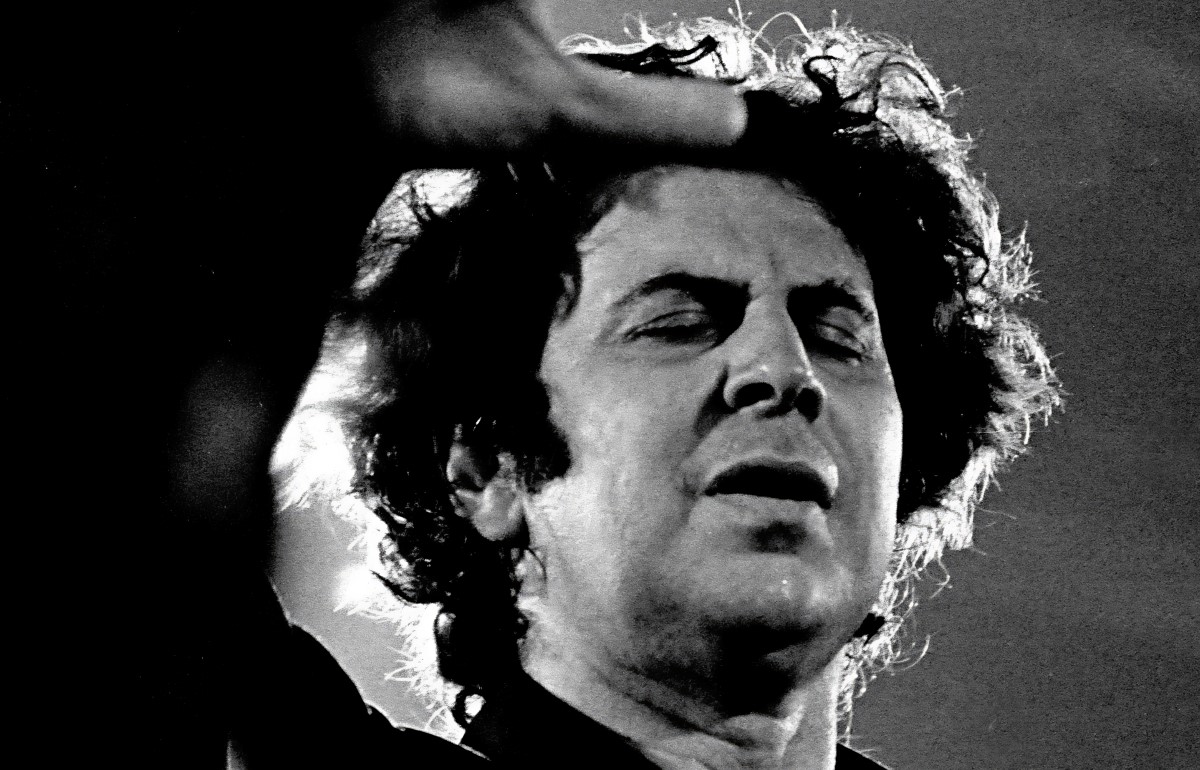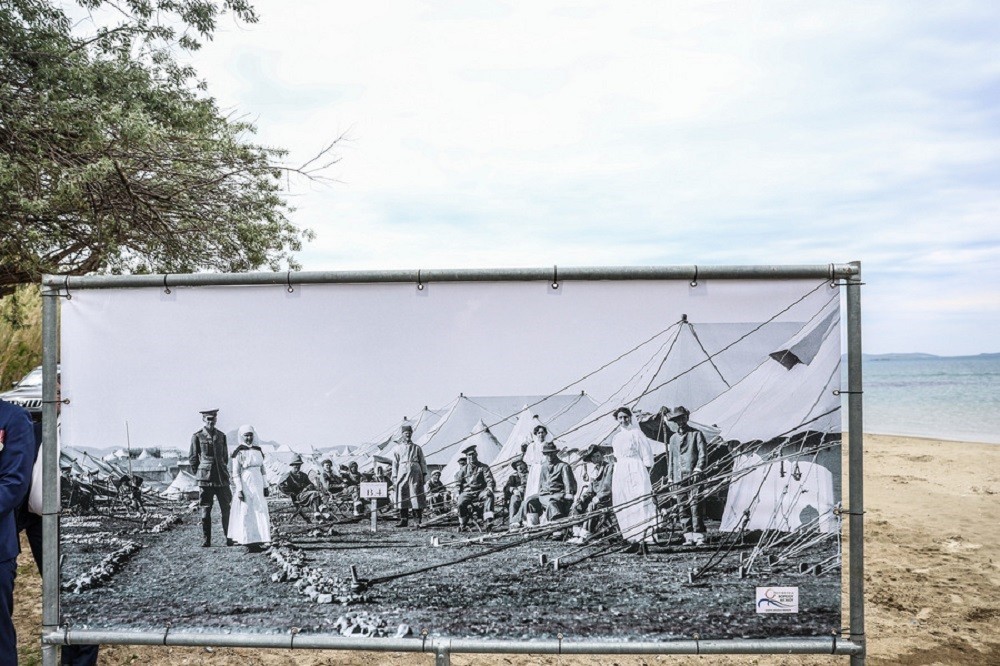Victoria sets national COVID-19 daily case record with 51,356 new infections, NSW has 45,098
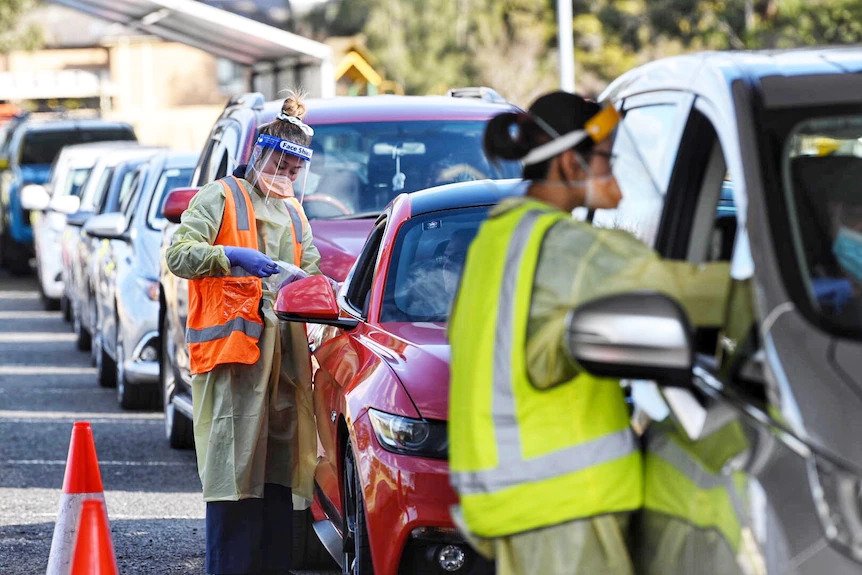

NSW has consistently recorded the highest daily number of COVID-19 cases of any jurisdiction nationally since the Omicron variant hit Australian shores, but this how now been surpassed by Victoria.
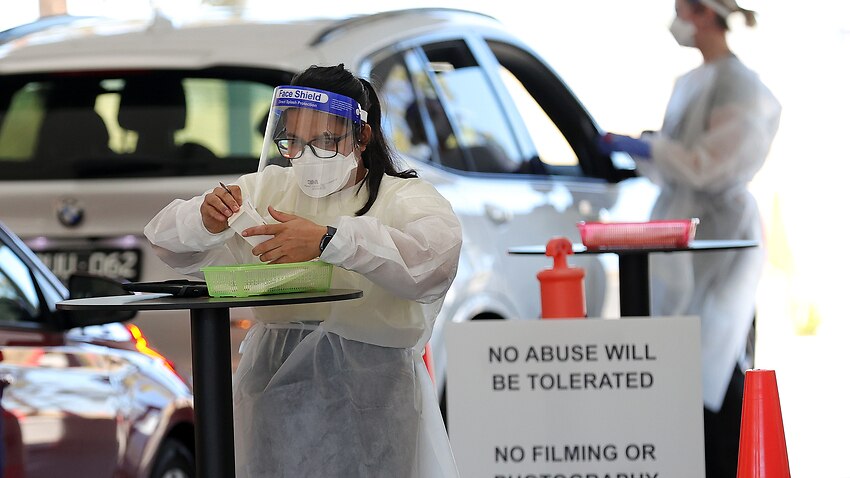
COVID-19 cases continue to surge across Australia. Source: AAP
Victoria has set a new national record for daily COVID-19 cases, with the state posting 51,356 new infections and nine deaths on Saturday.
That is a massive increase for the state from Friday’s 21,728 cases.
Figures from the Victorian Department of Health on Saturday showed there were 644 people in hospital and 106 people in intensive care.Advertisement
However, Victorian Health Minister Martin Foley said the latest figures recorded as of 9.30am on Saturday show there are 731 people in hospital and 109 patients in ICU.
“And fortunately, in regards to ventilation, the figure yesterday was 24 people on a ventilator,” he told reporters.
“That figure is now down to 22 people on a ventilator.”
New South Wales, meanwhile, has posted 45,098 COVID-19 cases and nine deaths – another significant rise in infections.
That’s an increase from the 38,625 cases recorded in the state on Friday.
There are 1,795 people in hospital and 145 people in ICU.
COVID-19 infections have surged to 11,174 in Queensland, as the state reported a further two deaths on Saturday.
There are 349 people in hospital, 36 more than on Friday and 17 patients in intensive care.On Friday, the state recorded 10,953 infections from 36, 492 tests. And in the Australian Capitol Territory, 1,305 new cases of COVID-19 were reported on Saturday. Twenty-four people remain in hospital and five patients are in ICU, two more than on Friday.
Victorian surge follows RAT changes
NSW has consistently recorded the highest daily number of COVID-19 cases of any jurisdiction nationally since the Omicron variant hit Australian shores, but this how now been surpassed by Victoria.
The Victorian government said the large daily result has been sparked by a backlog of self-reporting from rapid tests on a new online reporting platform
NSW is yet to record positive rapid antigen tests as part of its daily case numbers.
Mr Foley said he suspects Victoria will continue to see higher case numbers reported than the actual numbers of infections for a couple of days while the self-reporting process smooths “itself out”.
“Only about one in five of those new figures from yesterday were from the 24-hour period of yesterday,” he said.
“The overwhelming majority tested positive earlier in the week.”
The NSW government tweaked restrictions on Friday, banning singing or dancing in pubs or clubs until 27 January, except for weddings, performers or classes.
Some high-risk major events may also be contacted by health authorities and forced to implement restrictions to be deemed COVID-safe.
Premier Dominic Perrottet also announced NSW will join Western Australia in requiring teachers, health workers and those in frontline disability roles to get a booster shot to be considered “fully vaccinated” against COVID-19.
Non-urgent elective surgery will be suspended until mid-February, with the government releasing new modelling that predicts the impact of the Omicron variant on the health system.
The worst of the modelling released by NSW Health predicts 6,000 people could be hospitalised with COVID-19 at the peak of the outbreak, expected in the third or last week of January.
Some 600 of them would be in intensive care.
The more conservative “most realistic” model predicts 4700 beds will be needed for COVID-19 patients at the peak, 273 of them in ICU.
In the best-case scenario, only 3158 people will be hospitalised and the number in ICU will peak at 270.
Comparatively, at the peak of the Delta outbreak in September, there were 1,266 people in hospital with infections and 244 in intensive care.
What’s happening in other states?
South Australia has recorded five deaths and 4,274 cases of COVID-19, a jump from Friday’s 3,707 cases.
There are currently 164 people in hospital in the state, up from 144 on Friday.
Sixteen people are in intensive care, of which about 80 per cent are unvaccinated, according to South Australian Premier Steven Marshall.
Mr Marshall flagged that it will now be mandatory for all healthcare workers, aged care workers and those in the disability sector to have a booster jab to be considered fully vaccinated.
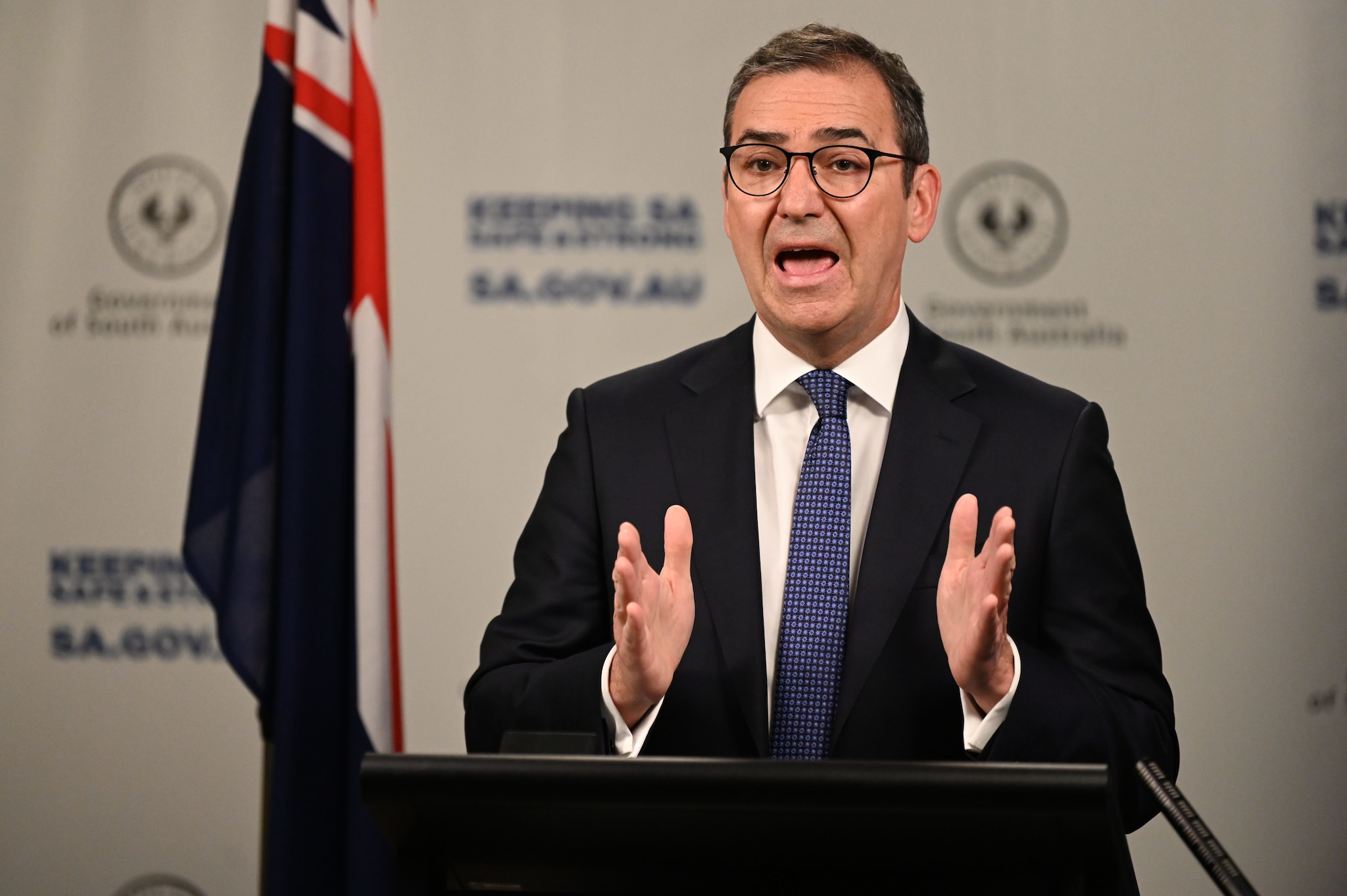
South Australia Premier Steven Marshall speaks to the media during a press conference in Adelaide. Source: NCA NEWSWIRE POOL
They will be given until 29 January to get a third dose of a COVID-19 vaccination, the Premier said in a press conference on Saturday.
“I do need to give advance warning that we are very strongly considering making it mandatory for the booster in other sectors as well, including childcare and the education sector,” Mr Marshall added.
Tasmania posted 2,223 infections on Saturday, a record number of COVID-19 infections for the state.
That’s a surge from the 1,489 cases recorded on Friday, with the state now having 6,509 active cases.
On Friday, health authorities said one in 30 people aged in their 20s had caught the virus.
“We are going to see a significant uplift in cases as we move forward, and people should ensure that they are ready for that,” said Premier Peter Gutwein.
Ten people are in hospital, but only four are being treated for symptoms of COVID-19.
As rapid antigen tests fly off shelves, the federal government has introduced measures under the Biosecurity Act to prohibit price-gouging of the home testing kits.
The measures, which come into force from Saturday 8 January and remain until 17 February, will prevent people who’ve bought the tests from onselling them for more than 120 per cent of the price they were purchased at.
Under the new rules, a person must not export a RAT kit from Australia unless a valid exemption applies.
Penalties for failing to comply with the new regulations include fines of up to $66,000 and five years imprisonment.
With additional reporting by AAP
Source: sbs.com.au

